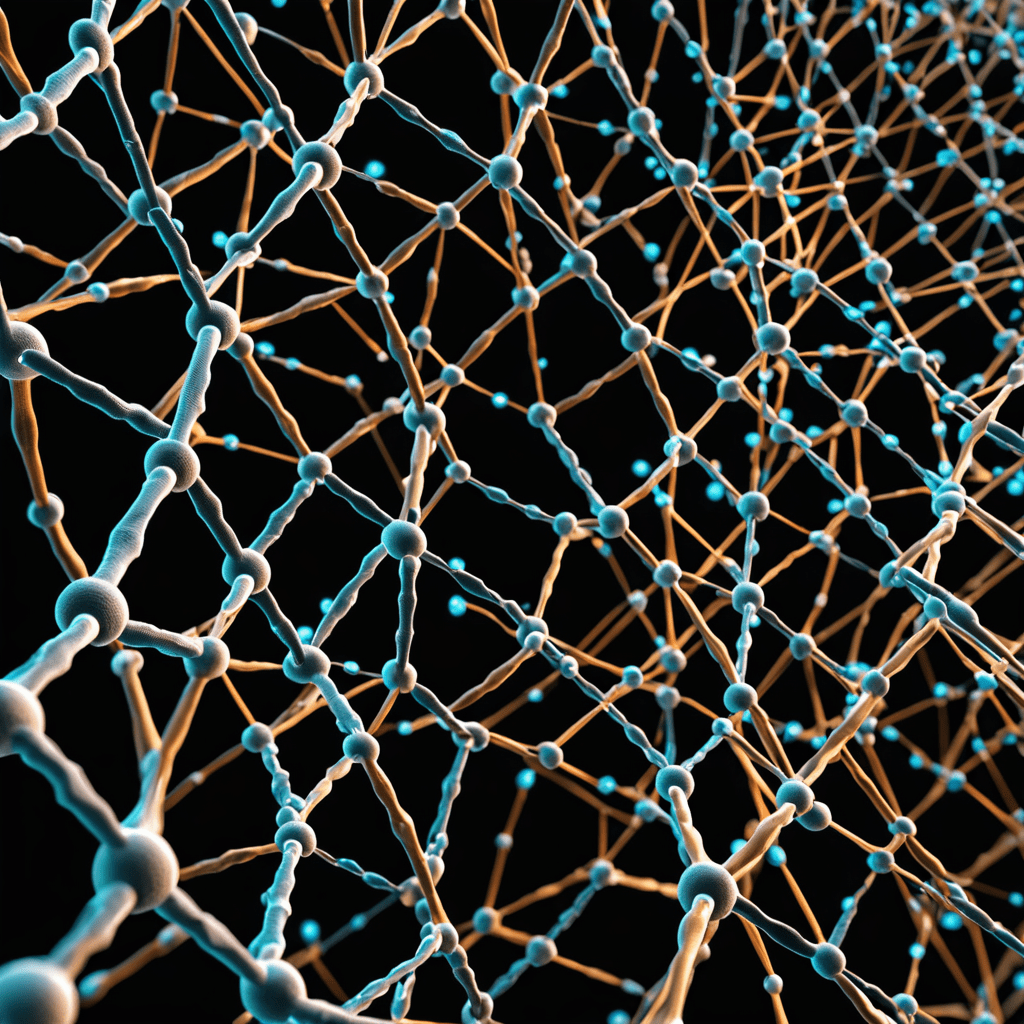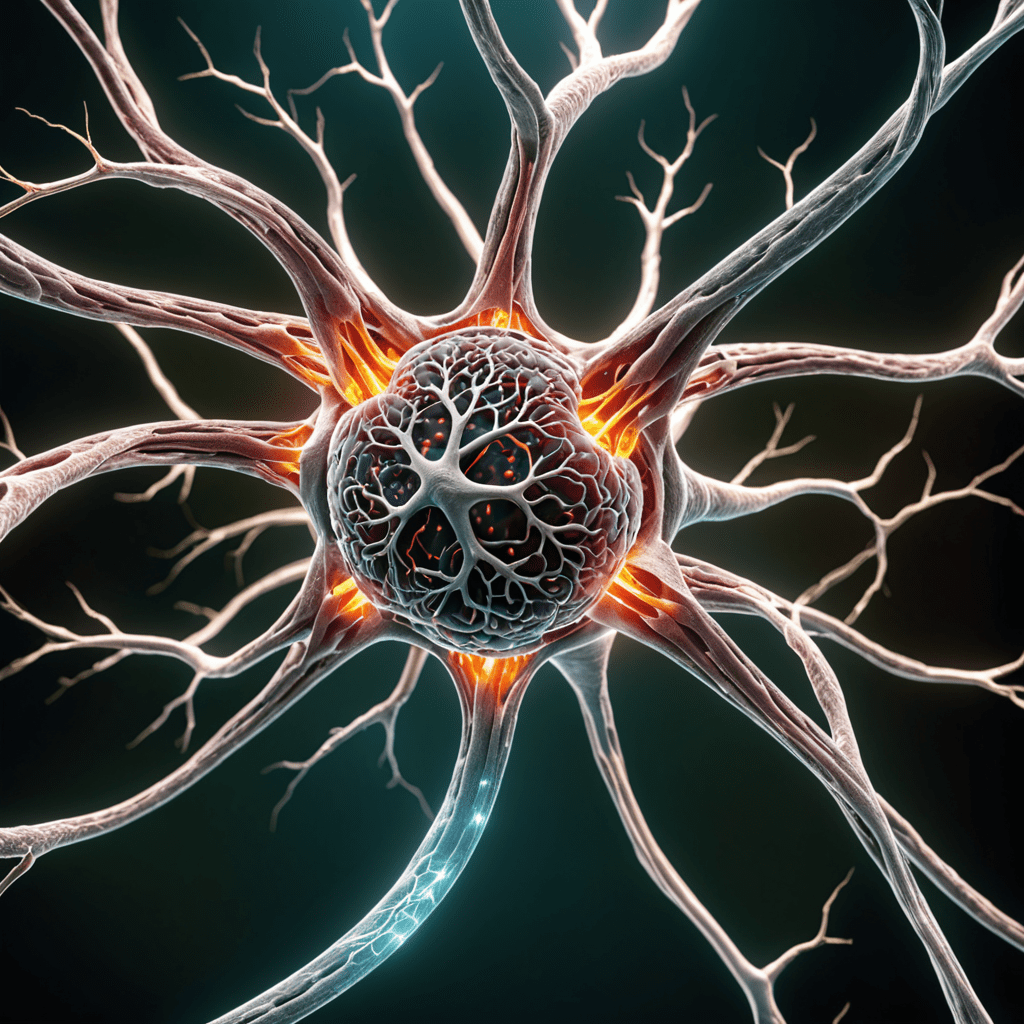Exploring the Role of Chemogenomics in Biotechnology and Bioinformatics
Biotechnology and bioinformatics are advancing rapidly, revolutionizing the way we approach drug discovery and understand biological systems. One key technique at the intersection of these fields is chemogenomics, which holds immense potential in identifying new drug targets, predicting drug response, and designing personalized medicine strategies.
The Basics of Chemogenomics
At its core, chemogenomics is the study of the interactions between small molecules and biological targets on a genome-wide scale. By integrating chemical and biological data, researchers can analyze how various compounds affect specific genes, proteins, or pathways. This holistic approach provides valuable insights into the mechanisms of action of drugs and their potential applications in treating diseases.
Applications in Drug Discovery
Chemogenomics plays a crucial role in drug discovery by helping researchers identify novel drug targets and predict the efficacy and safety of drug candidates. By analyzing the interactions between drugs and biological targets at a molecular level, scientists can optimize lead compounds, accelerate the drug development process, and reduce the risk of adverse effects in clinical trials.
Personalized Medicine and Precision Therapy
One of the most exciting applications of chemogenomics is in personalized medicine, where treatment strategies are tailored to individual patients based on their genetic makeup. By analyzing how genetic variations influence drug responses, researchers can optimize treatment regimens, minimize side effects, and improve patient outcomes. This approach holds great promise in oncology, rare diseases, and other complex medical conditions.
Drug Repurposing and Combination Therapy
In addition to identifying new drug targets, chemogenomics plays a vital role in drug repurposing – finding new indications for existing drugs – and exploring the synergistic effects of combining different drugs. By analyzing the interactions between multiple compounds and biological targets, researchers can uncover novel therapeutic opportunities and enhance treatment efficacy across a range of diseases.
Challenges and Future Directions
While chemogenomics offers exciting opportunities in biotechnology and bioinformatics, researchers face challenges such as data integration, computational complexity, and validation of predictions. Overcoming these hurdles will require interdisciplinary collaborations, advanced algorithms, and high-quality experimental data. Looking ahead, the future of chemogenomics holds promise in unlocking new therapeutic avenues and transforming healthcare practices.
Conclusion
Chemogenomics is a powerful tool that bridges the gap between chemistry and genomics, offering innovative solutions in drug discovery, personalized medicine, and combination therapy. By leveraging the insights derived from chemical-biological interactions, researchers are paving the way for more effective treatments, targeted therapies, and improved patient outcomes. As biotechnology and bioinformatics continue to evolve, chemogenomics will undoubtedly play a pivotal role in shaping the future of healthcare.
FAQs About Biotechnology and Bioinformatics: Chemogenomics Applications
What is Chemogenomics?
Chemogenomics is a field that combines chemistry and genomics to understand how chemicals interact with biological systems at a molecular level. It involves studying the effects of various compounds on biological targets to identify potential drug candidates.
How is Chemogenomics used in Biotechnology?
In biotechnology, Chemogenomics is used to predict how specific drugs or compounds will interact with target proteins in the body. This information helps in drug discovery and development, leading to the design of more effective and safer medications.
What are the Applications of Chemogenomics in Bioinformatics?
Chemogenomics applications in bioinformatics include virtual screening of compounds, predicting drug-target interactions, understanding drug resistance mechanisms, and designing personalized medicine based on an individual’s genetic makeup.
How does Chemogenomics contribute to Precision Medicine?
Chemogenomics allows researchers to analyze how genetic variations in individuals can affect their response to specific drugs. By integrating genetic data with chemical information, personalized treatment plans can be devised, leading to more targeted and efficient healthcare interventions.


